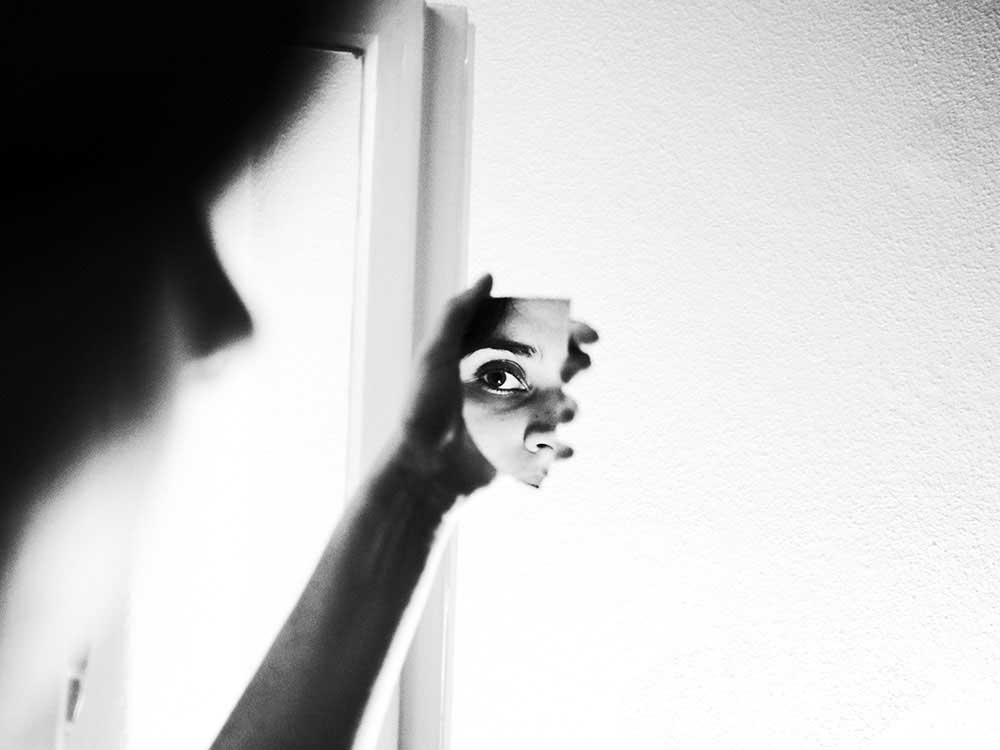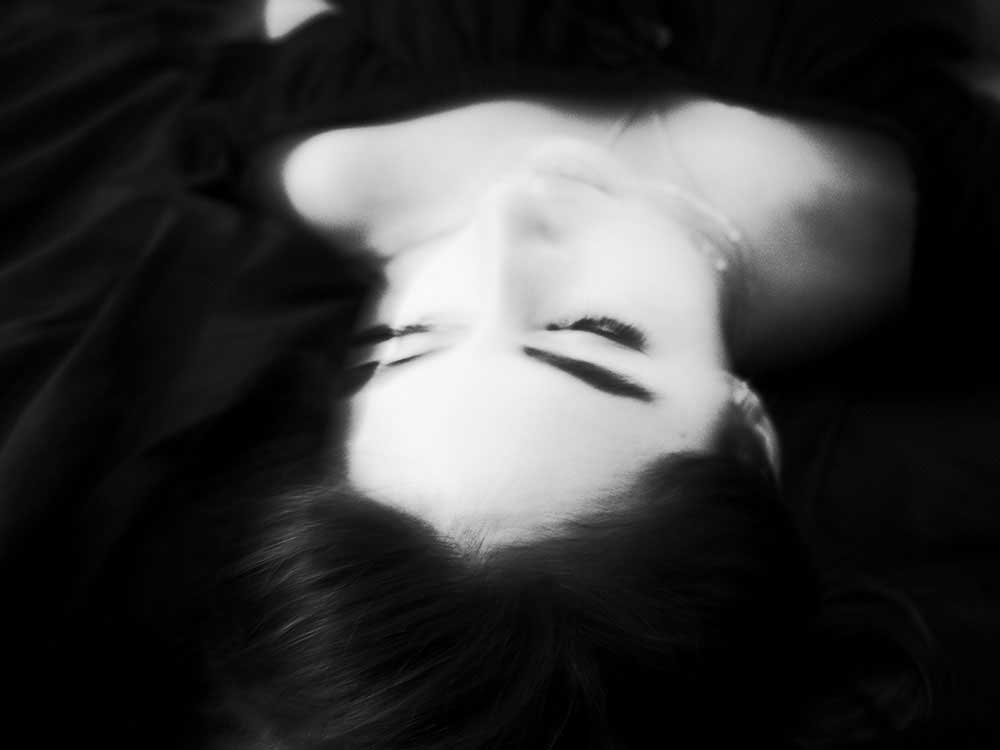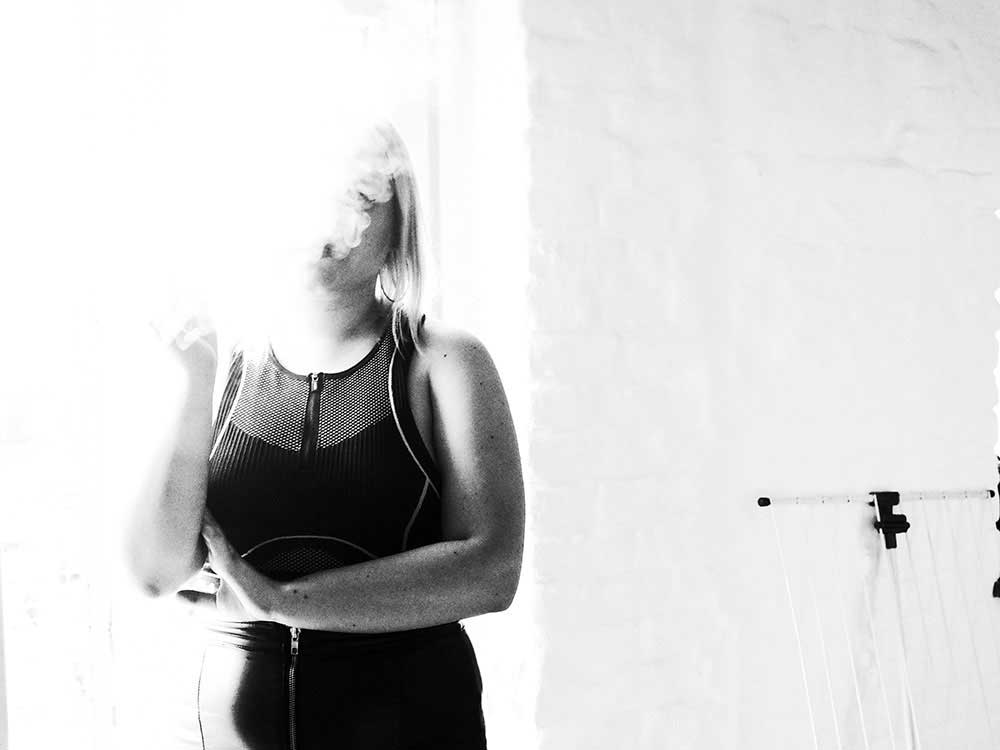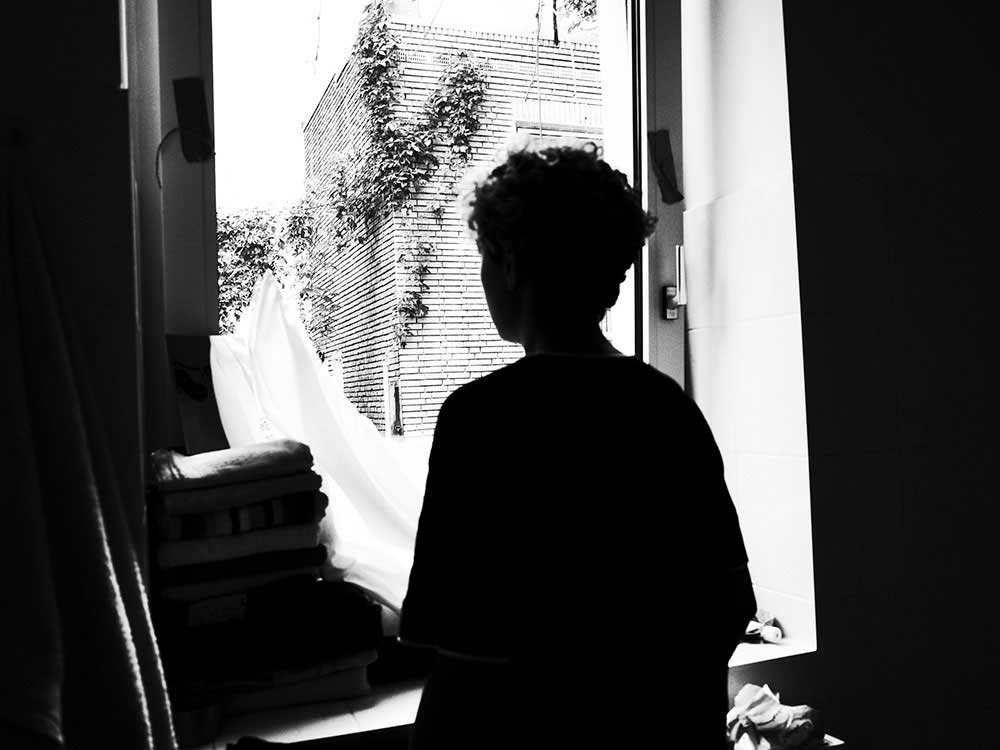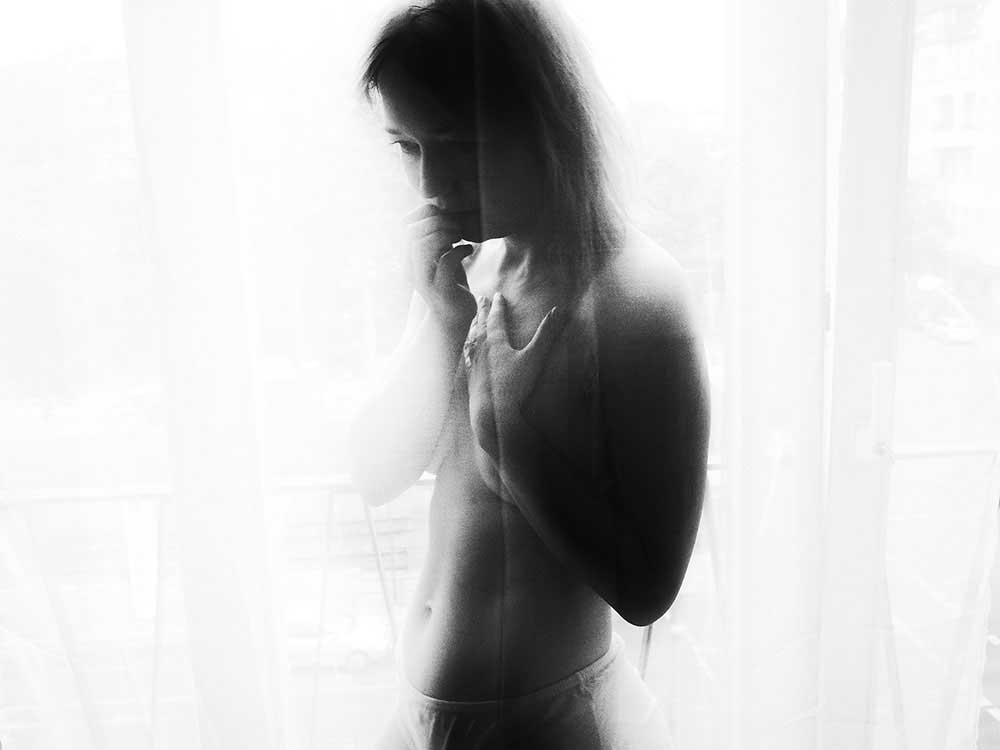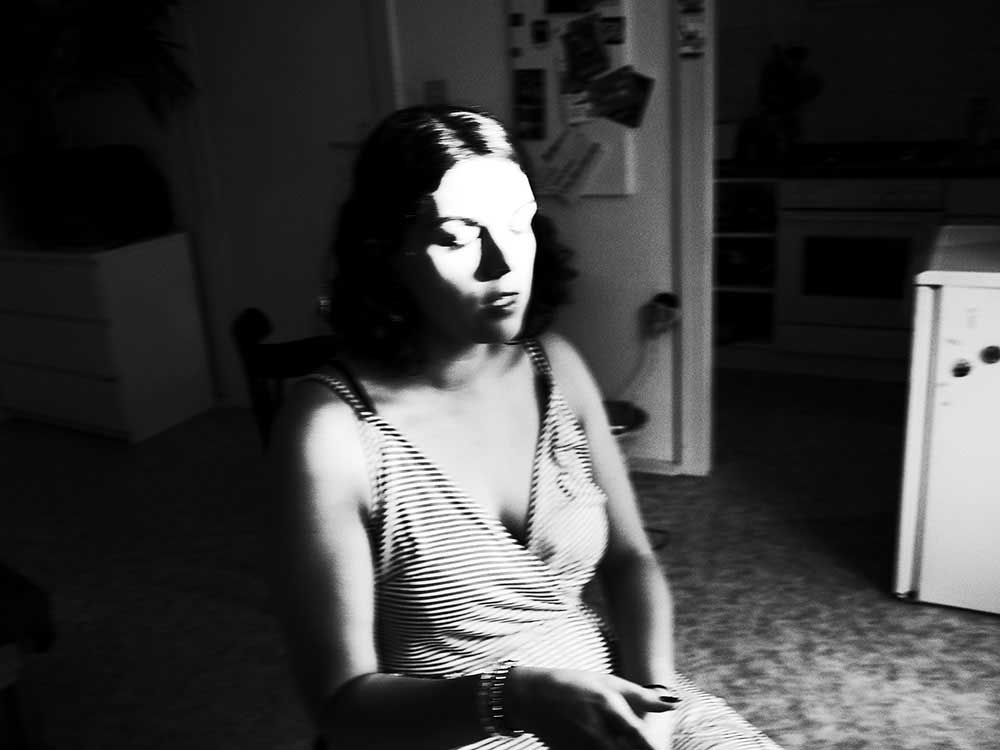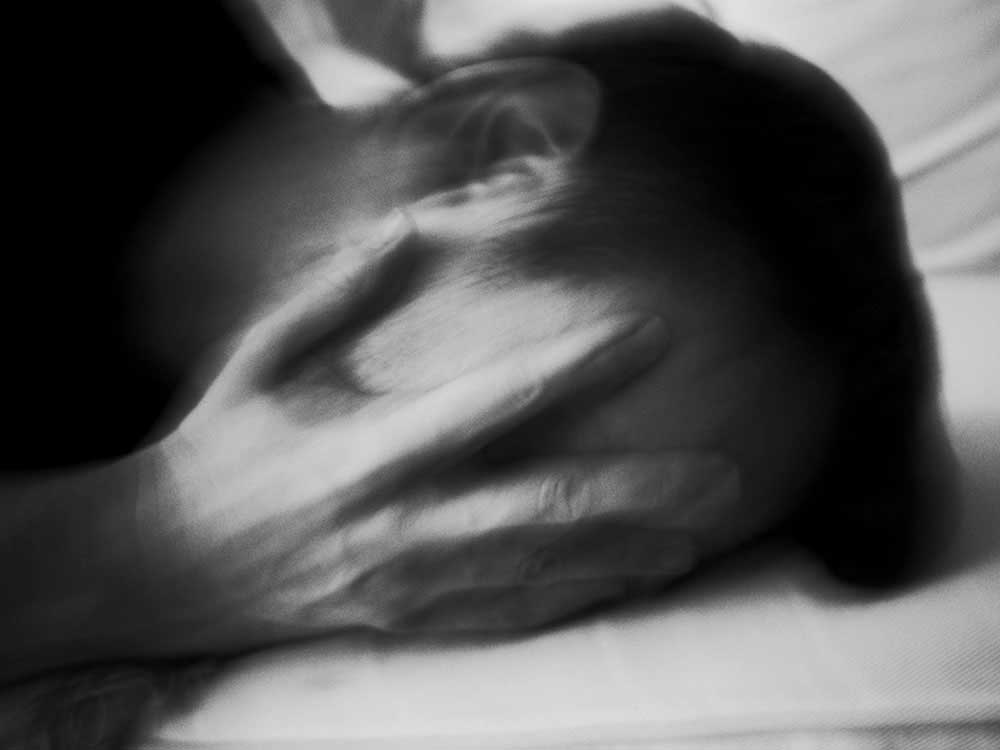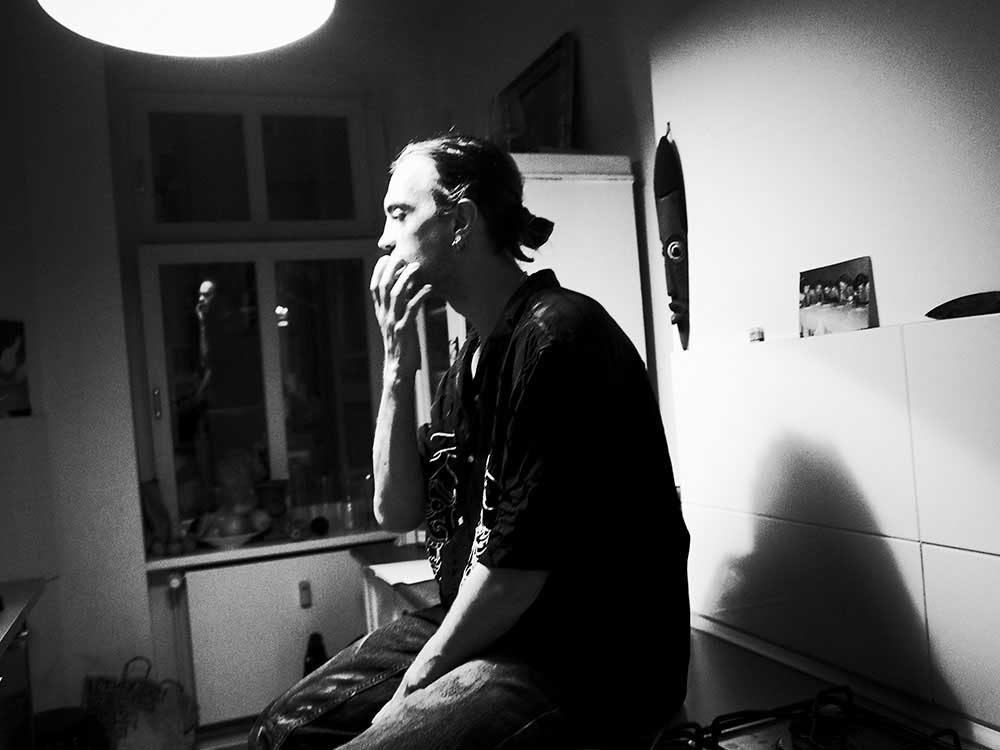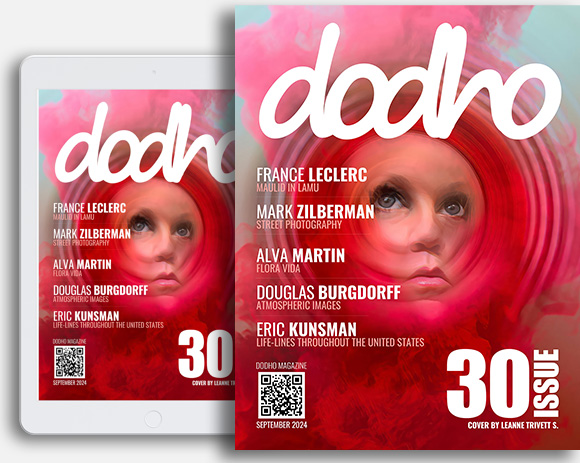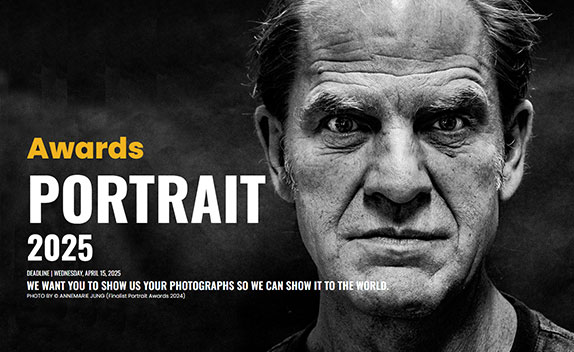What is a happy childhood?
Few experience the idyllic family life portrayed in TV shows and commercials. The truth, told by the World Health Organisation, points to a sadder, darker reality.
-
55,000,000 children living in Europe have experienced mental abuse.
-
44,000,000 have endured physical abuse.
-
18,000,000 have suffered sexual abuse.
Dear Mom and Dad is a project devoted to those who have experienced difficult, abusive childhoods. I interviewed 8 people with unique stories. They come from different parts of the world, each with different backgrounds and life experiences, but they all share one thing in common.
Their stories, although unique, carry the theme of a toxic childhood. They tell the tales of strict upbringings, tough fathers, overbearing mothers, alcoholism, gambling, and poverty.They have sought freedom as expats in Berlin, having distanced themselves from their families. But are they really free?
About Ksenia Apresian
Ksenia Apresian is a russian photographer from Moscow, currently living in Berlin. She began to study visual arts in 2011. She is currently working as a documentary and portrait photographer, interested in such topics as self-perception and psychology, movement practices and electronic music scene. She moved to Berlin in 2018 and continues to explore personalities of the people around with the help of her camera. [Official Website]
